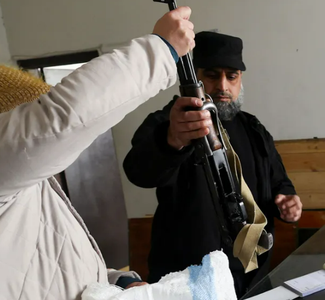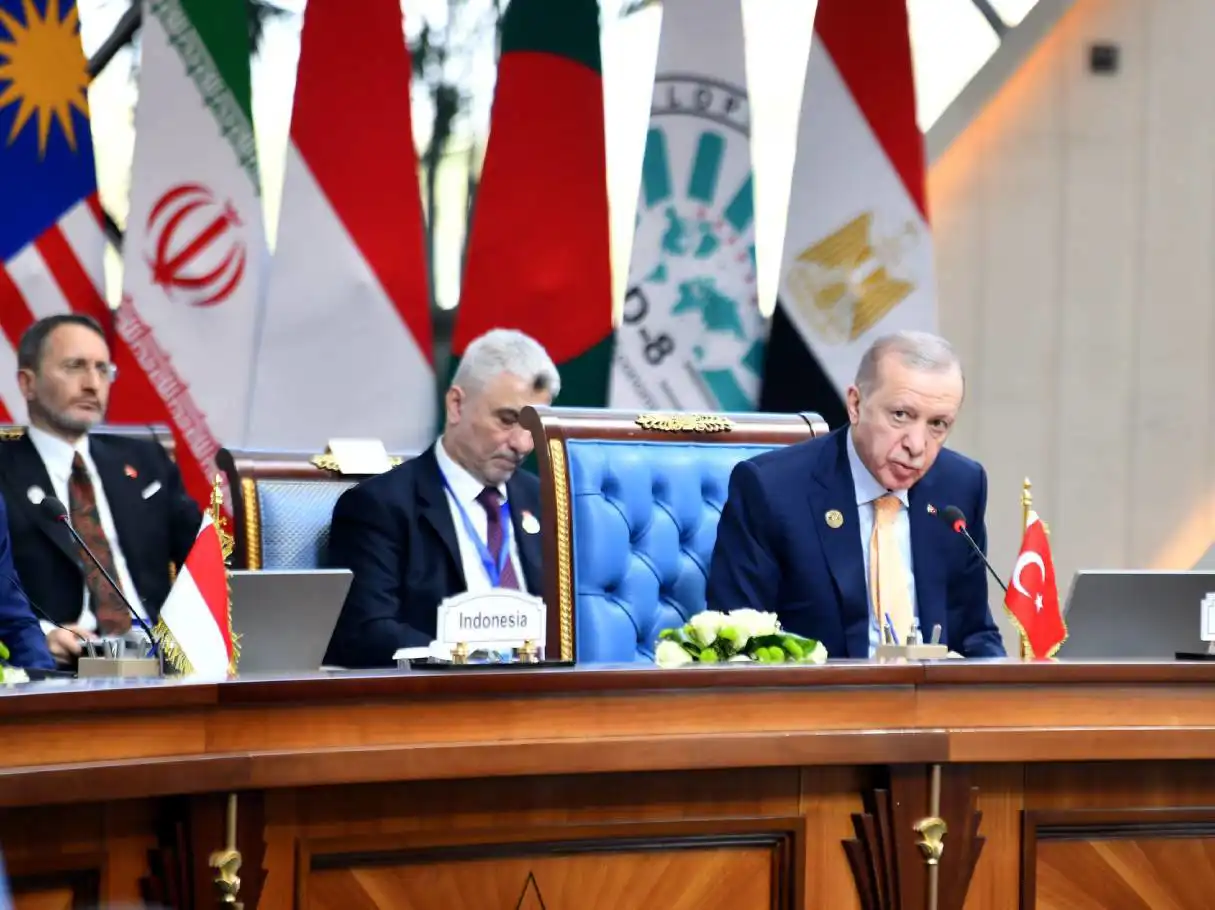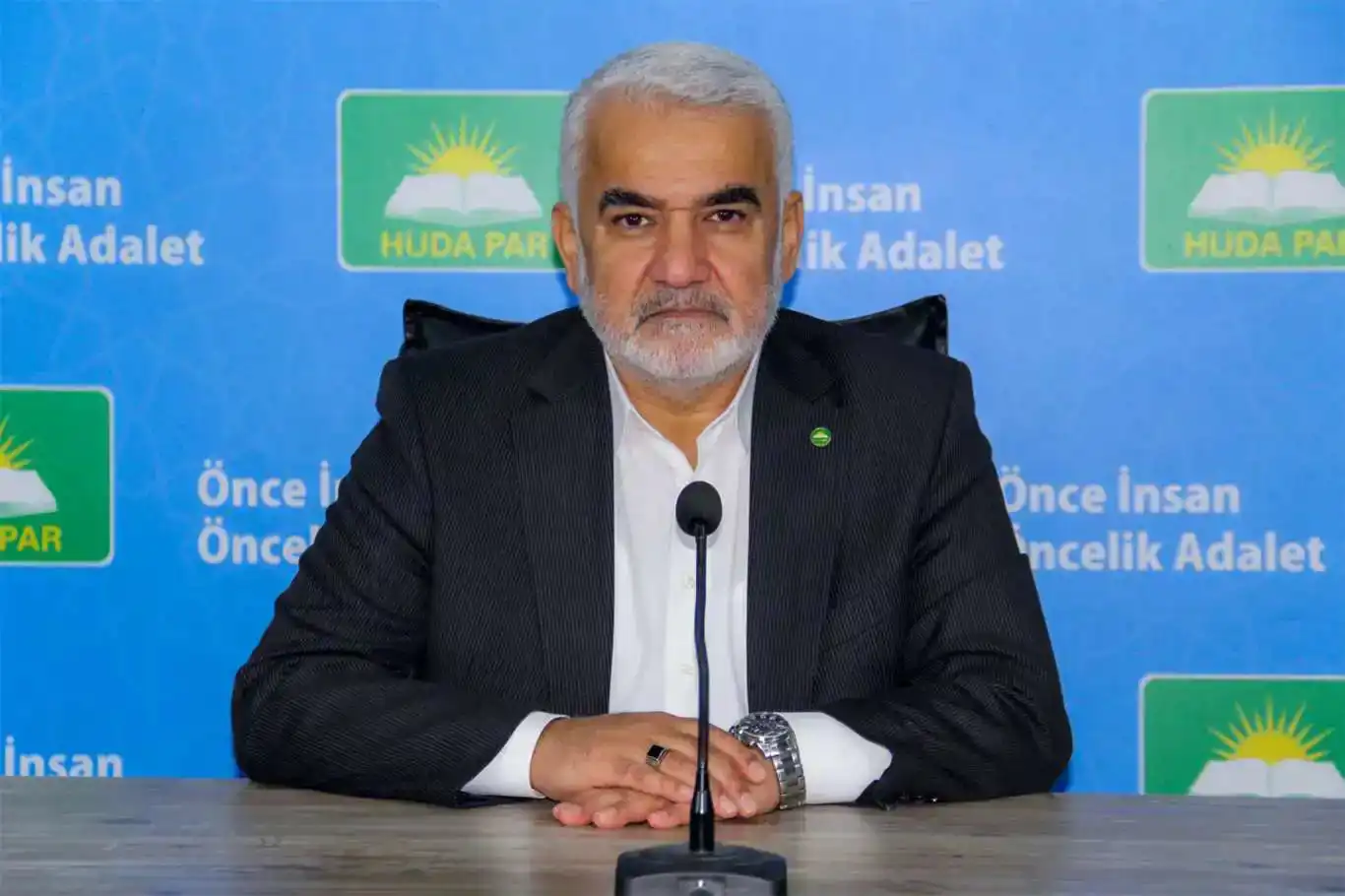11th anniversary of Egypt's coup renews debate on U.S. support for El-Sisi
Today marks the 11th anniversary of the military coup in Egypt that ousted the country’s first democratically elected government, reinstating a regime under General Abdel Fattah el-Sisi marked by severe repression.

 Google News'te Doğruhaber'e abone olun.
Google News'te Doğruhaber'e abone olun. Since seizing power in 2013, el-Sisi’s tenure has been characterized by escalated political suppression and economic instability. Despite promises from U.S. President Joe Biden to curtail unconditional support for what he termed Donald Trump’s "favorite dictator," U.S. policy toward Egypt has remained largely unchanged.
The United States continues to provide approximately $1.3 billion annually in military aid to Cairo, alongside significant economic assistance, citing regional stability and the Egypt-Israel peace treaty as justifications. This support, however, has drawn criticism for effectively underwriting the regime’s authoritarian measures and human rights abuses.
El-Sisi’s rise to power followed Egypt’s 2011 revolution, initially fueled by widespread discontent with long-standing authoritarian rule under Hosni Mubarak. The military, led by el-Sisi, intervened in 2013 following large-scale protests against President Mohamed Morsi of the Muslim Brotherhood. The coup was followed by violent crackdowns, including the infamous Rabaa massacre in 2013, which left over 1,150 people dead.
Despite international condemnation and calls for reform, el-Sisi consolidated power, solidifying military control over political, economic, and social spheres. U.S. administrations, including under Barack Obama and Donald Trump, initially offered cautious support for the coup and later resumed military aid, avoiding the coup designation under U.S. law to maintain assistance flows.
Critics argue that continued U.S. support perpetuates instability rather than promoting regional peace and stability, as claimed by proponents. The Biden administration, while withholding a small portion of military aid, has approved over $6.1 billion in arms sales to Egypt, surpassing its predecessor.
Advocates for a policy shift urge reevaluation of U.S. assistance to Egypt, questioning its strategic rationale amid escalating repression and economic challenges. They argue that such support undermines U.S. values and interests, entrenching autocratic regimes at odds with democratic aspirations in the region.
As calls for reform persist, the debate over U.S.-Egypt relations intensifies, with growing pressure on Washington to reassess its approach to one of the Middle East’s most significant geopolitical players. (ILKHA)


















































